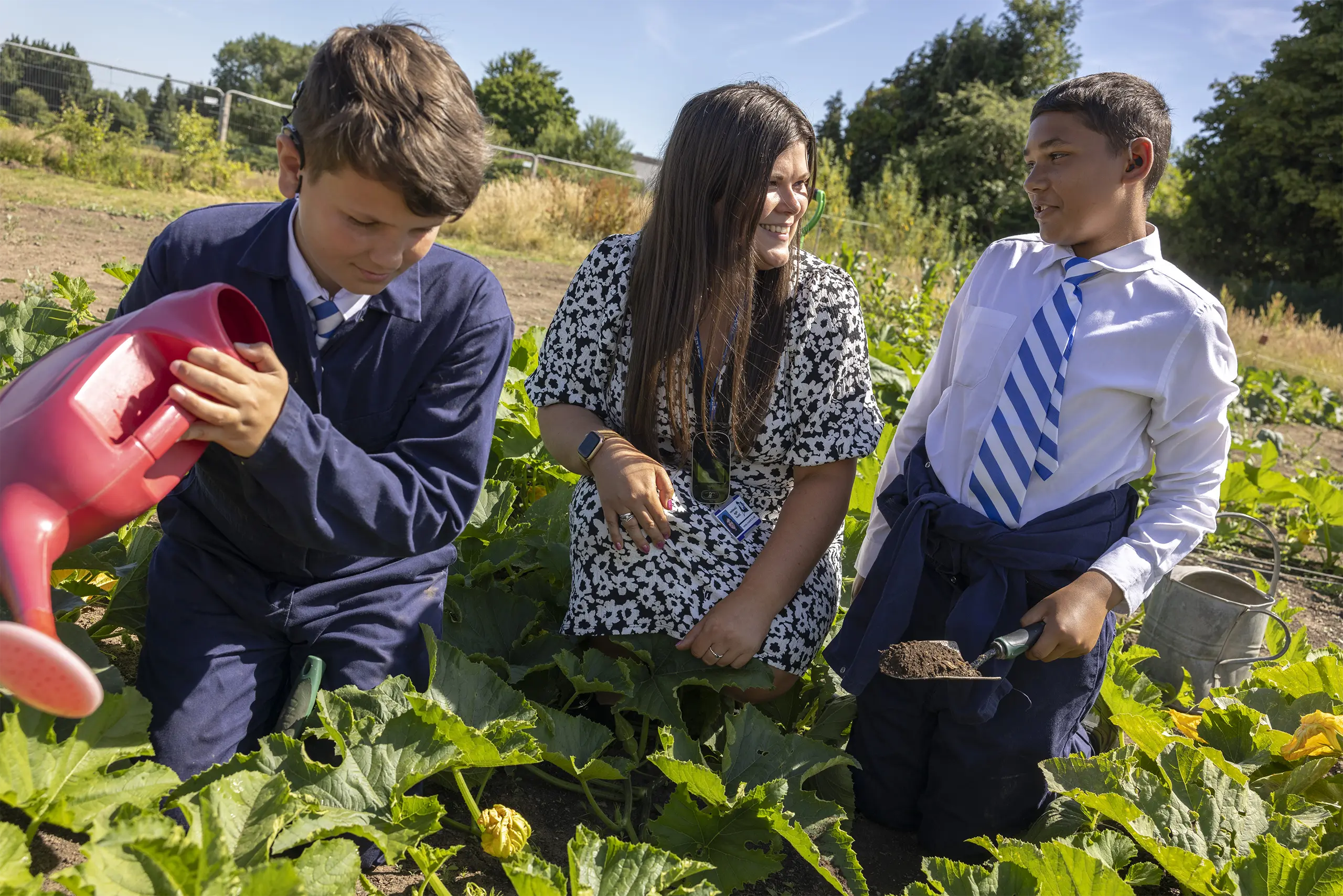12 October 2022
Transitioning from primary to secondary school can be quite daunting for children. It’s a big life change not only to their learning environment but their overall experience of school. For some, we know it can be uncomfortable and a bit of a shock to the system. For others, it’s something to look forward to. But regardless of how they feel about the move, helping children to prepare for and cope with change is an essential part of their development and can help them better adapt to new experiences and challenges later in life. So we wanted to share some advice to help us ease this transition together.
Focus on communication
As a parent, we know we don’t have to tell you that communication is important. But particularly during times of change, the little things you do can make a big difference. Keep asking your children about their day, listening and being respectful of their concerns while offering advice and support where you can. Try not to minimise their experiences because what may seem small to you might be big to them. In the lead-up to the transition, over the next few months, you may want to think about regular check-ins to see how they’re feeling about leaving primary school – and potentially some of their friends – behind, helping to give them time to prepare for what’s to come.
Know the signs
If your child is having a tough day or week, it can help to pinpoint what they need and when. For example, if your child is usually happy and outgoing but suddenly retreats into themselves, choose your words carefully. Listen to their point of view and act on any warning signs by being their guide. It may be that they need to talk, are craving a little bit of fun or maybe need to refocus on their health – like getting a good night’s sleep or reaching for healthy snacks to help regulate all these new emotions they’re experiencing. You know your child best, so having a toolkit personal to them will be invaluable.
Nurture new skills
For the first time, your child will be responsible for using a timetable to get to different lessons, knowing where they need to be in school, planning their homework and preparing their P.E kit for lessons. We know it can be a little overwhelming when starting, but it’s important to help them develop organisational skills as early as possible so they can navigate this change more easily. You may want to encourage them to create a timetable that can be put on the fridge or in their bedroom, or set a routine for packing their bag the night before school. Whatever works best for your child and is easy to add to your family routine. You may even decide to introduce this while they’re still in Year 6 to help them get into good habits before they start secondary school.
Maintain some familiarity
This change can’t be helped and is a natural part of their development. But maintaining some familiarity in their routine can help to reduce feelings of panic and the fear that everything is changing all at once. Start by keeping regular eating and sleeping routines so that their natural rhythms aren’t impacted, then turn your attention to other parts of the day that are important to them. Do you usually drive your child to school with a particular radio station on? Do you have an after-school ritual that’s just for you? Whatever it may be, just remember it doesn’t have to vanish as soon as they go to secondary school. Remind them of these activities and reassure them that this will still be available to them as and when they move into Year 7.
Be patient
Your child is still developing and this change may go above their cognitive capacity. In other words, you may experience a few outbursts, irritability, anger and even blame. But remember, there will always be highs with these lows and every day is a chance to start fresh. So be extra patient before and during this transition – it will go a long way.
If you have any questions about the journey from Year 6 to Year 7, please contact our Year 7 Team leader, Mr Hampton or our Year 7 Pupil Achievement Leader, Mrs Evans. Their contact details are:
Mr Hampton: Matthew.Hampton@llanishen.cardiff.sch.uk
Mrs Evans: sam.evans@llanishen.cardiff.sch.uk
